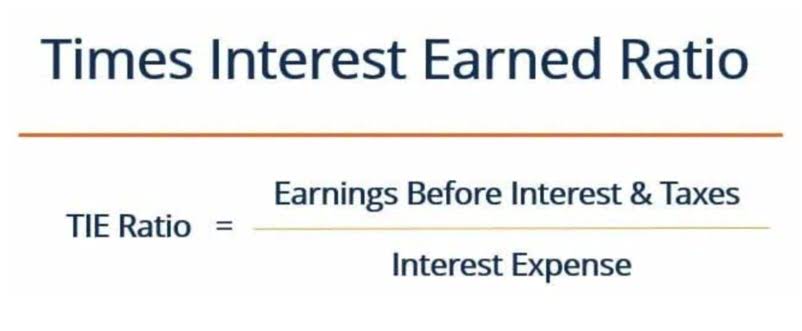Retainer Agreement: All You Need to Know

The provisions listed in this article are not intended to be exhaustive. Not all of these provisions will be desirable in every practice, and I certainly have not included every conceivable provision. I have known many lawyers who do not use written contracts and some who have used them in pro bono representations (for the nonmonetary provisions). I believe it is best for every lawyer to use a written contract for the security and certainty it provides. When representing multiple clients in one matter, the lawyer must address issues that may arise in joint representation. Those issues include potential adversity between the clients, informed consent to the representation and the potential of a nonconsentable conflict as defined by ORPC 1.7(b) and Comment 17.
Are there different kinds of fees lawyers might charge?
Any lawyer who works on a retainer basis may offer you the advantage of predictable costs. This means you will know exactly what you need to budget for your legal expenses, allowing you to better manage your finances. Additionally, retainer agreements generally provide access to various legal services, enabling you to have a lawyer at your disposal for any immediate legal needs that may arise.
The Role of Software in Modern Personal Injury Law Firms: Enhancing Case Management
This fee structure can create a better client experience as clients can choose different methods of making payment. Additionally, they will have the assurance that a lawyer will offer service whenever they need it. Lawyers and clients can both collectively decide their preference for the retainer fees. The retainer fee might be $ 10,000 if the lawyers estimate the case will take up to 10 hours. If in the first month you work for two hours, your retainer will be reduced by $2000. A retainer agreement is a contract wherein a client pays another professional in advance for work to be specified at a later point in time.

What Does an Attorney Do with the Retainer Fee?
- When a lawyer requests an advance payment retainer, it’s a way to establish financial commitment from both parties involved in the legal matter.
- You will not have to pay a retainer if you are hiring a lawyer who charges on a contingent fee basis.
- Clients also gain assurance that their legal needs will receive prompt and reliable support when required.
- Clients on a monthly retainer usually pay a recurring fee, and they usually work on long-term projects with different agencies, who are available at their beck and call.
- This is going to be a description of what you will pay for the services.
In a definitive sense, a retainer is a fee that is paid in advance in order to hold services (ie. a wedding or event date). While a deposit may also reserve a date, it is returned when the services have been completed. That’s why it’s important to have documents in place that set clear expectations and prevent any misunderstandings. It’s important to note that retainers are only a deposit and might not reflect the accounting final bill amount.
For instance, some fee agreements will specify that the retainer fee is immediately collected in full to secure the services of an attorney. Importantly, any other expenses outside of hourly fees and retainer fees will often be listed in the attorney-client fee agreement. As such, it is important to review the attorney-client fee agreement before signing it. It is difficult to predetermine the attorney retainer fee that will be required of you because it varies greatly from lawyer to lawyer. The retainer will depend on the type and extent of legal advice and services that you require. You will generally be asked to pay the retainer cost at the time you hire a lawyer.

If you’ve ever needed legal advice or to be represented by a lawyer, you may be familiar with lawyer retainer fees. And, you may be required to pay a general retainer if a firm is highly specialized or skilled and is in demand. Legal billing software, like CaseFox, can reduce a lot of the administrative side of retainer fees, such as automatic payment reminders or recurring payment plans. Lawyers can track time accurately and generate error-free bills on the basis of that. They can also generate complete reports regarding paid and unpaid invoices to keep track of finances.
You are basically paying the attorney to be available for discussions and questions about legal matters during this time. For example, you may want an employment attorney on retainer to help you deal with issues that come up with employees. Hiring a criminal defense lawyer to represent you in the case is one of the best decisions you can make. However, like many people facing criminal charges, you may be concerned about the cost of hiring an attorney. You may be asking, ‘What is the average retainer fee for a criminal lawyer?
A Guide to Retainer Fees for Lawyers
A retainer fee is most commonly paid to third parties that the payer has engaged to perform a specific action on their behalf. Lawyer retainers ensure that attorneys get paid for their legal services. This provides financial security and stability for the lawyer, retainer fee allowing them to focus on the case without worrying about payment. When a lawyer requests an advance payment retainer, it’s a way to establish financial commitment from both parties involved in the legal matter.
Advance Payment Retainer

Since the retainer is kept in your lawyer’s trust account, to be used as billing occurs, you can Law Firm Accounts Receivable Management ask your lawyer for an account statement at any time. Your attorney must disclose to you up front if you will have to pay a retainer, what the amount is and what the purpose of the retainer fee is. Be sure you are comfortable with your attorney’s fees before hiring a lawyer to represent you. It is important to note that the retainer is the amount that is deposited in the trust account of the lawyer. If the lawyer spends less time on the case, he will have to return some amount from the deposit fund.

Leave a Comment